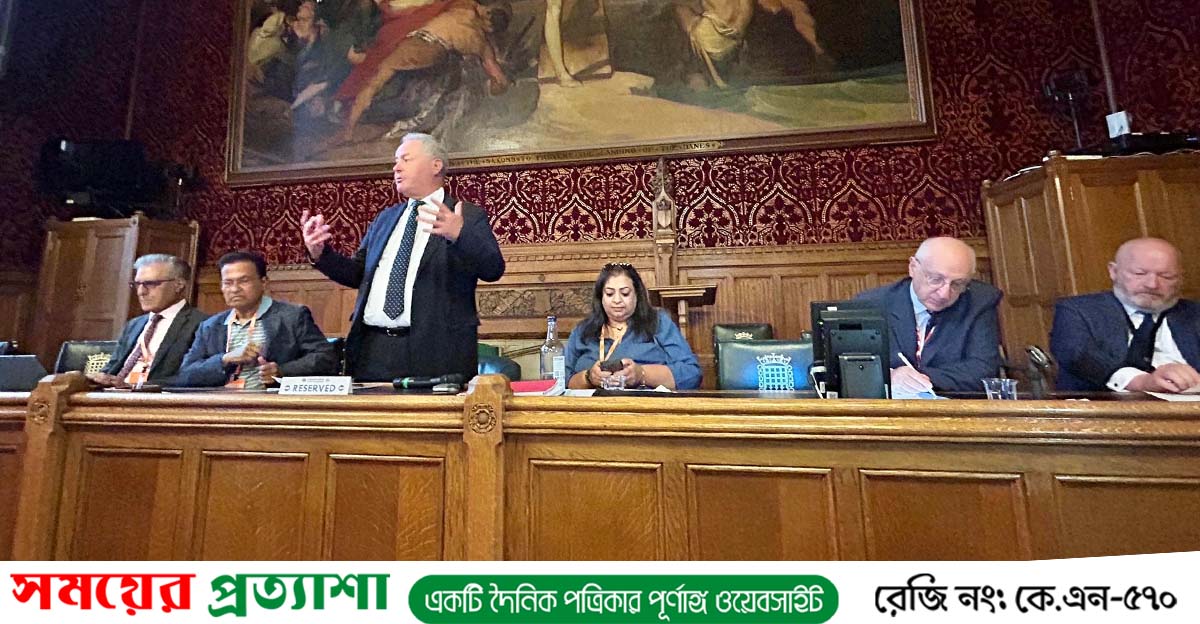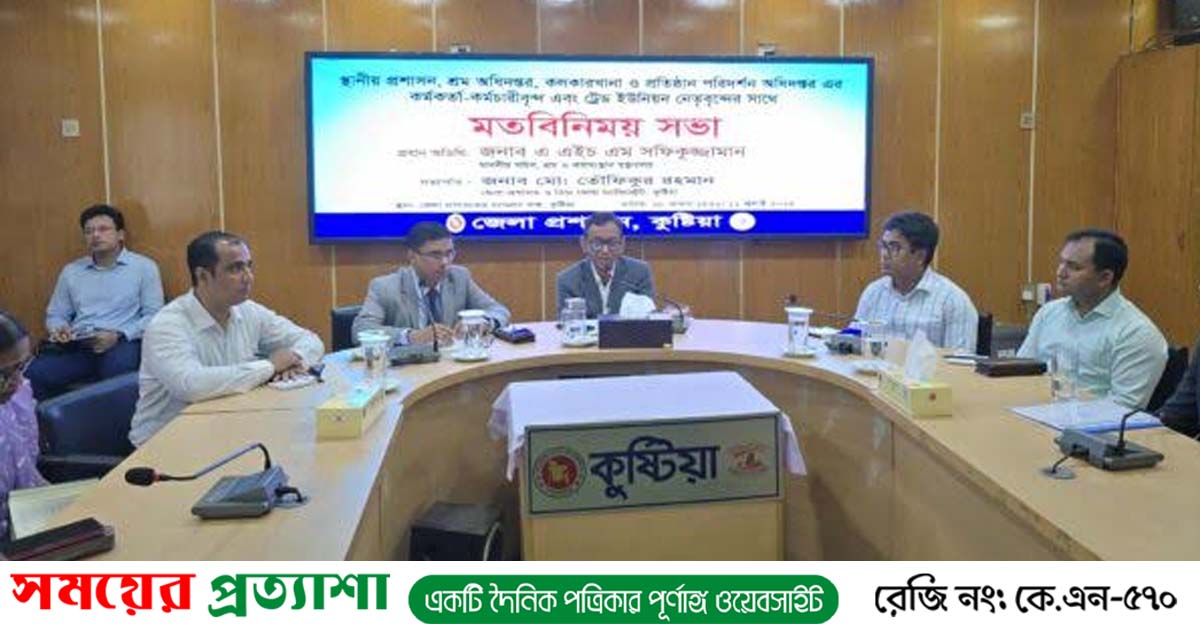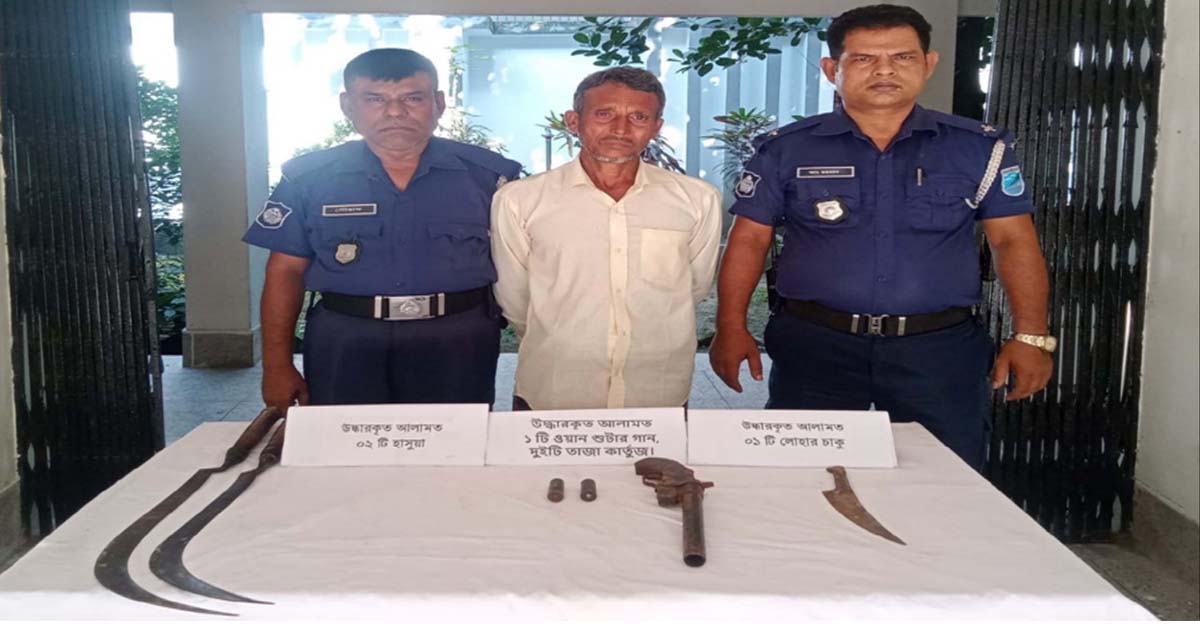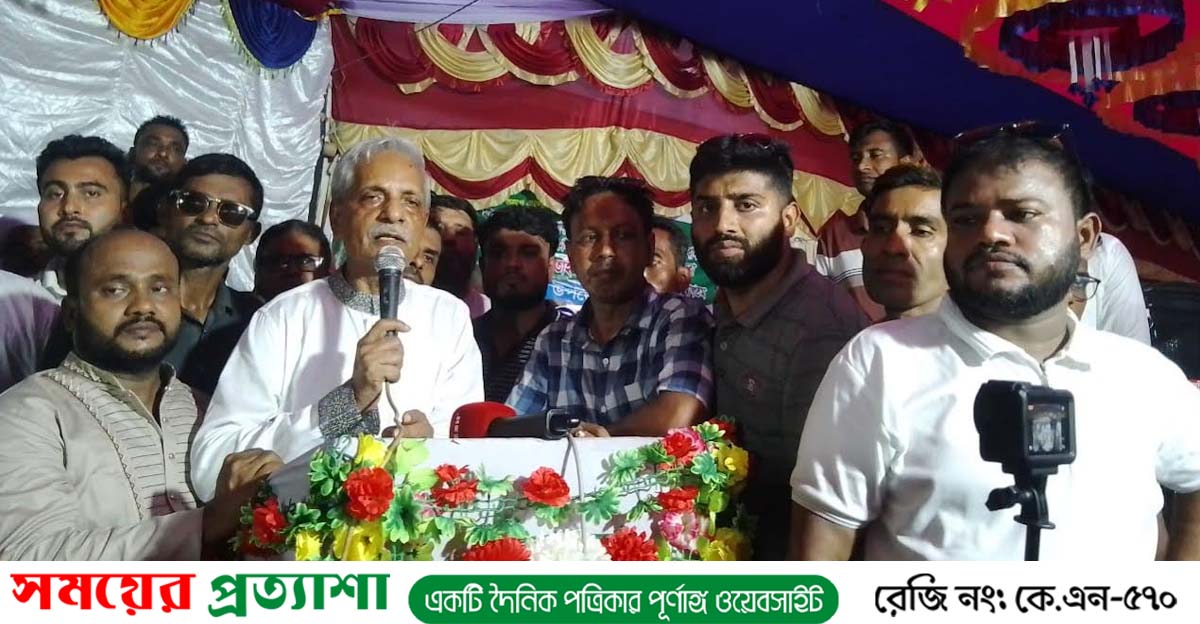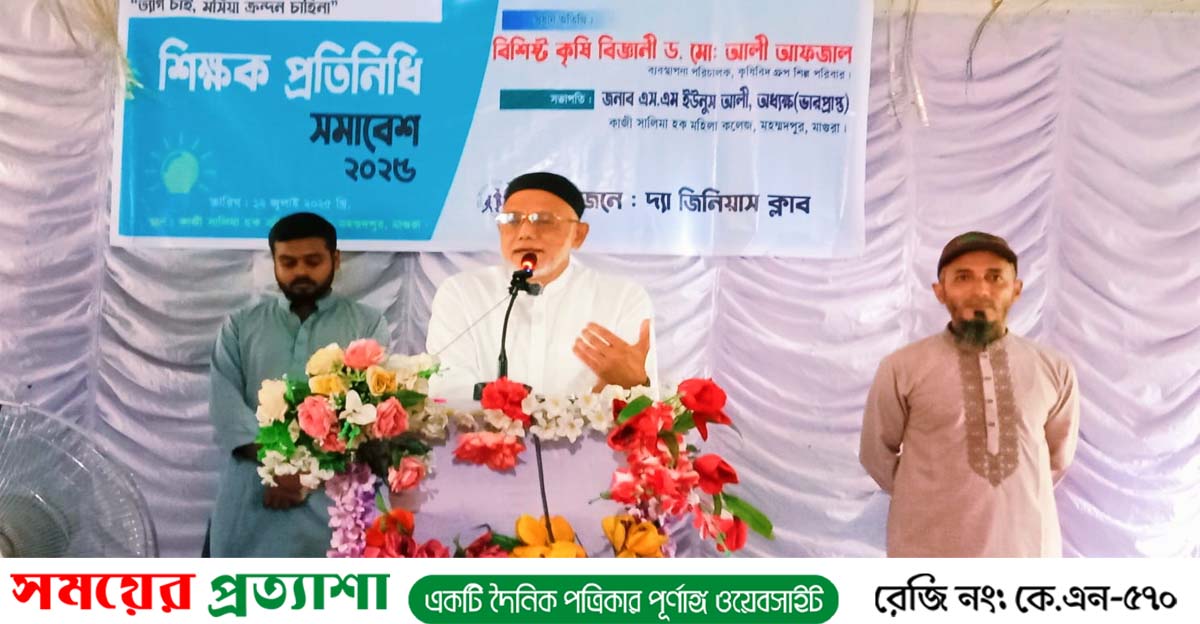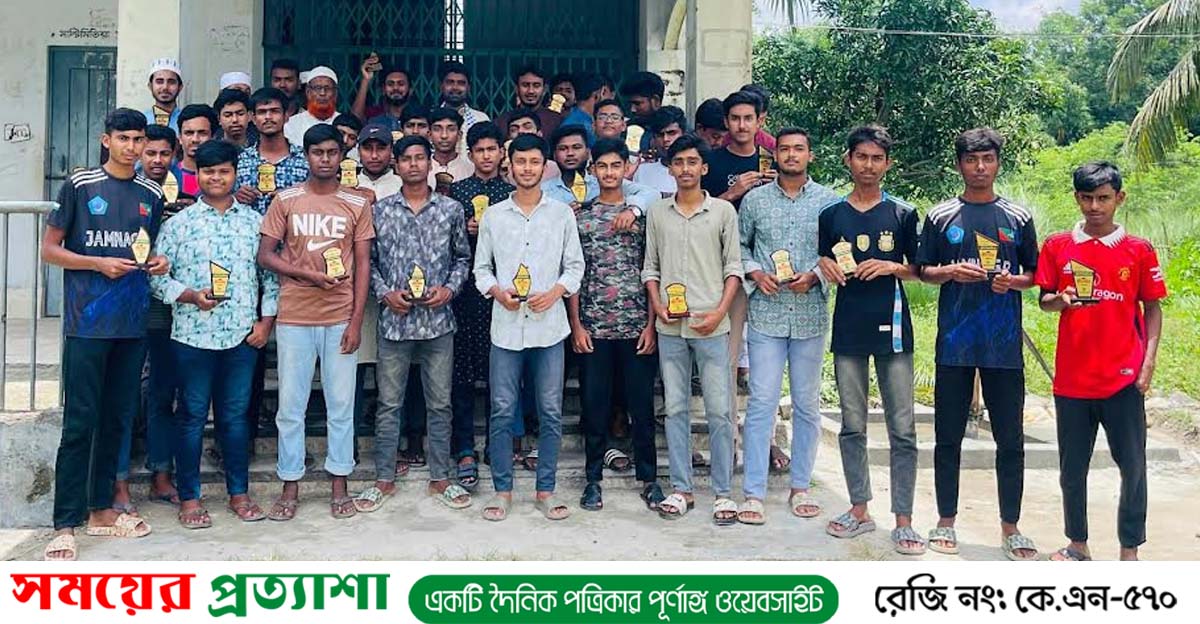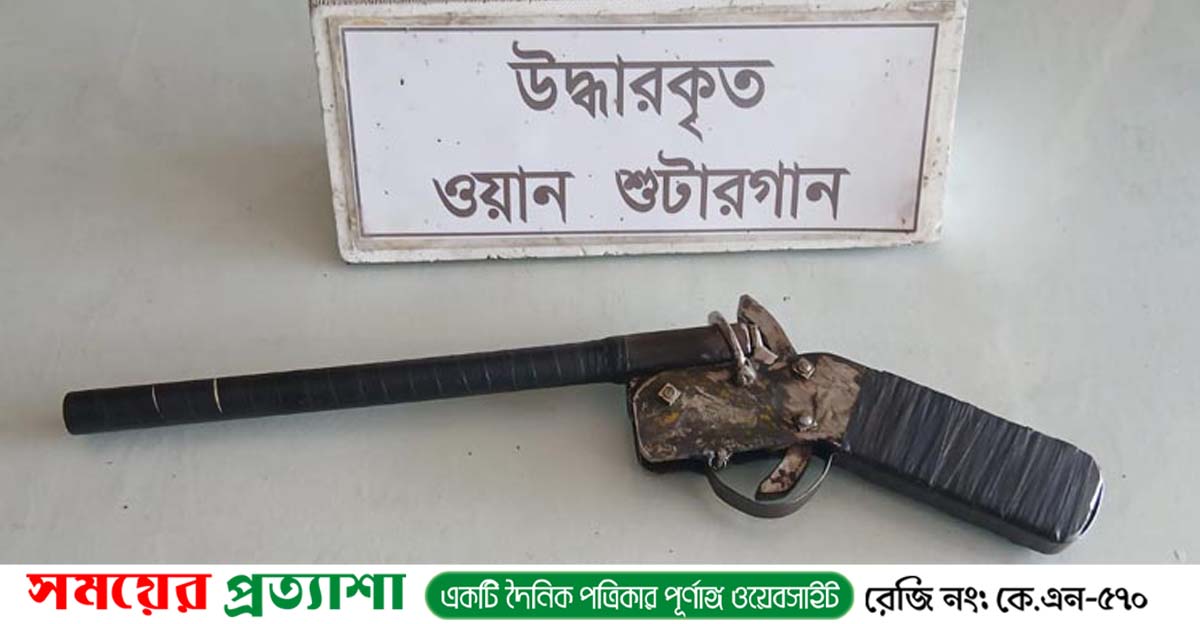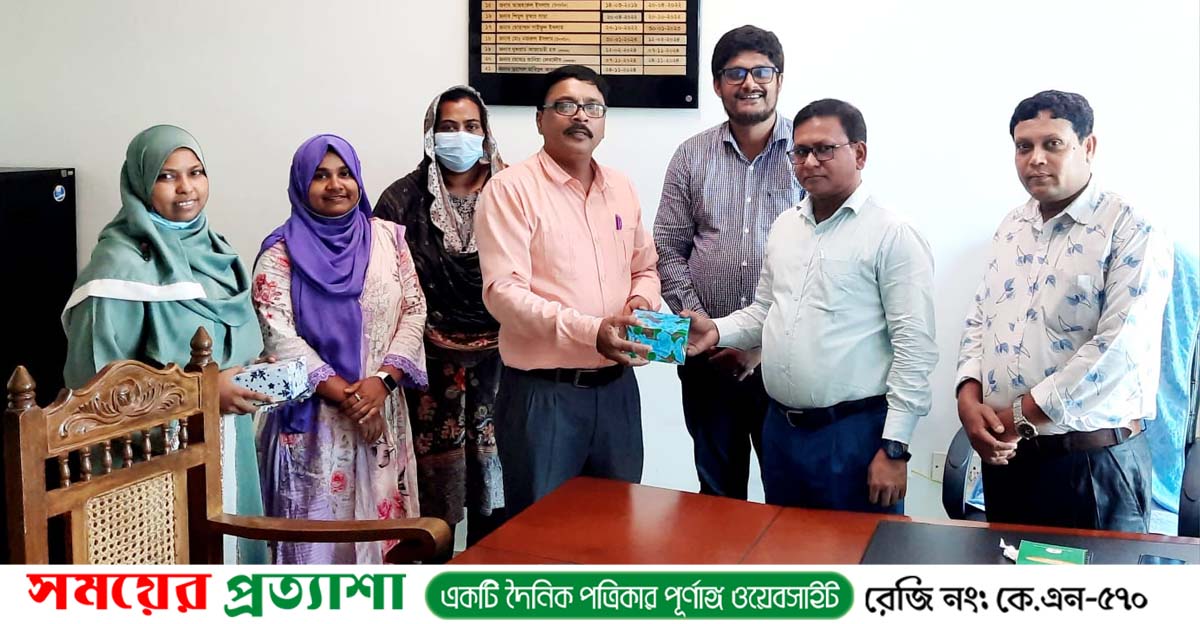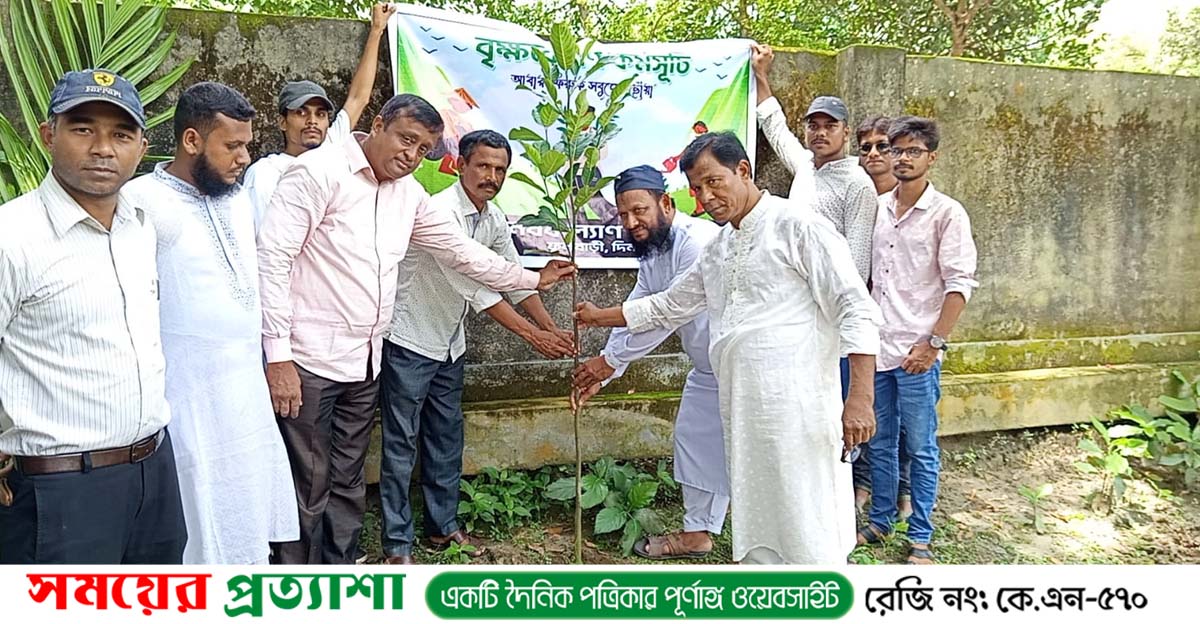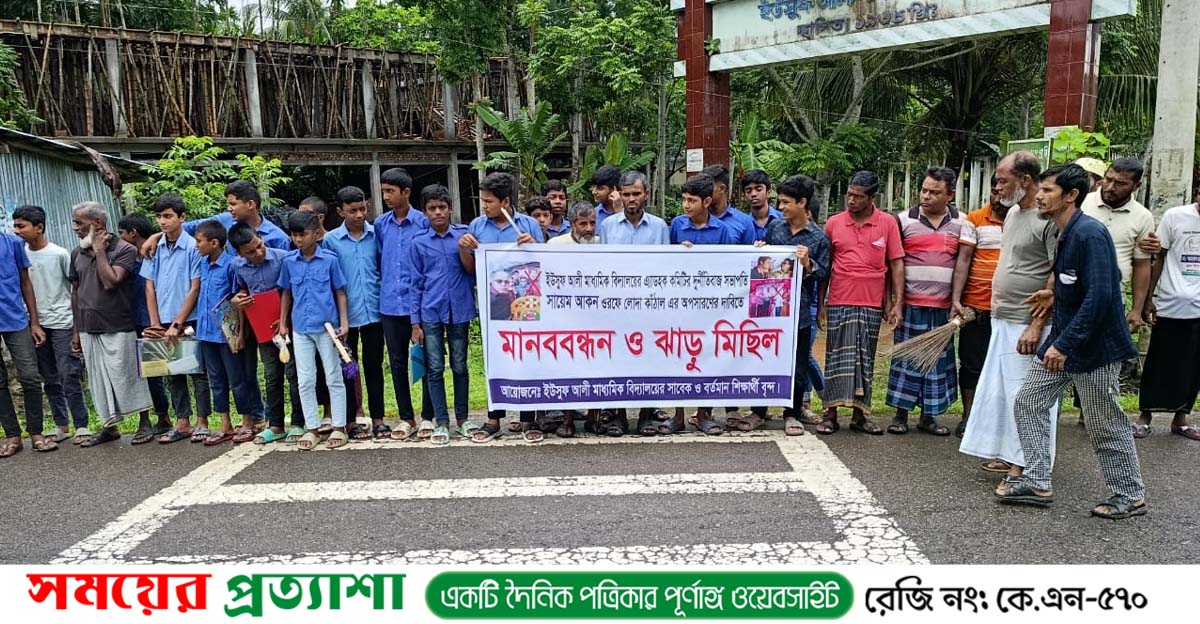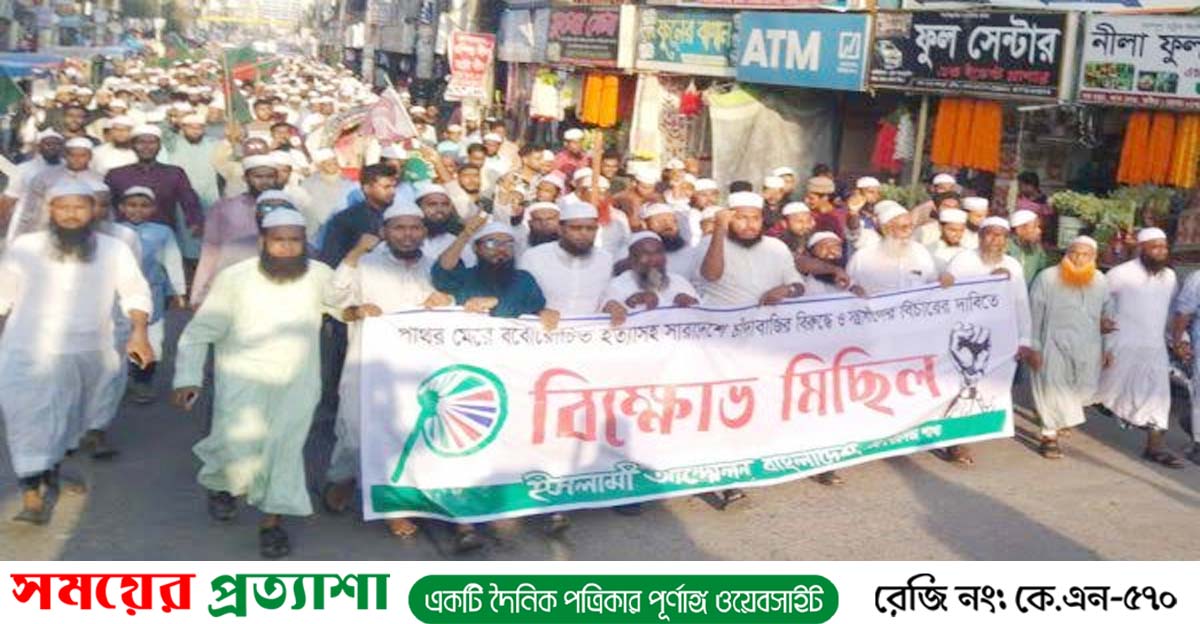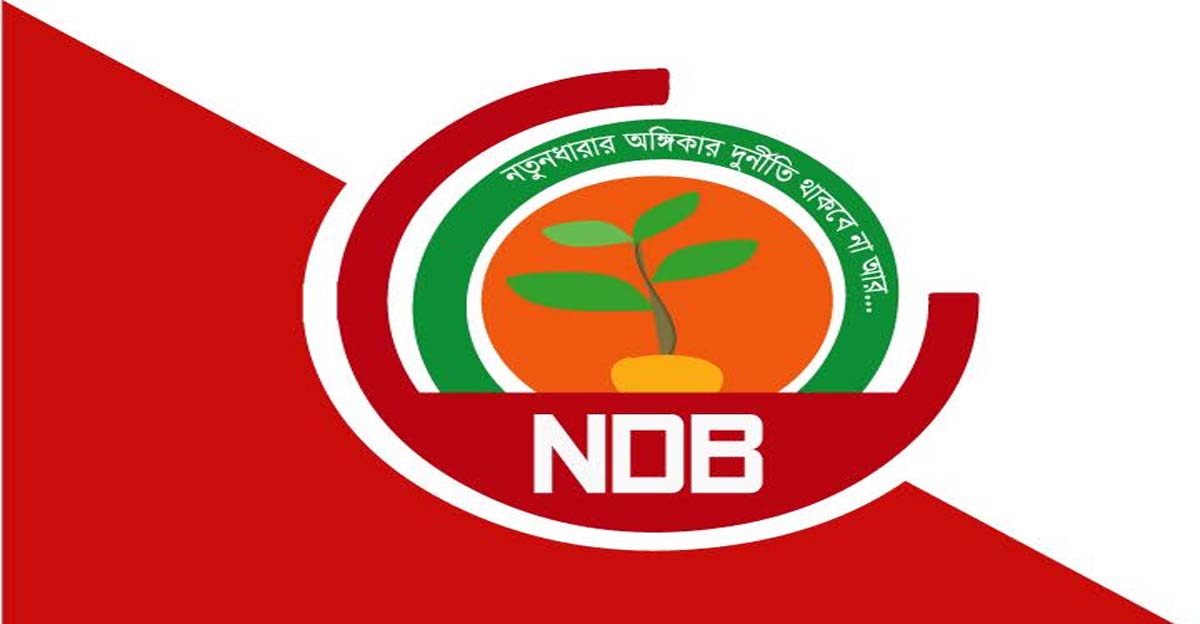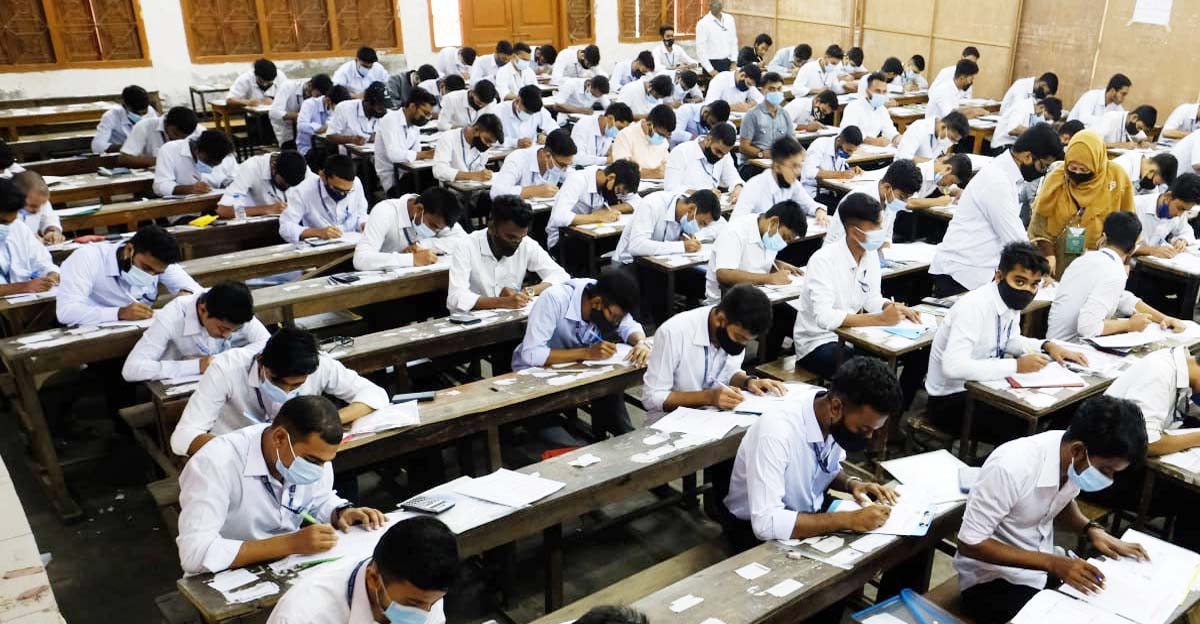Ansar Ahmed Ullahঃ
On 9 July 2025, the Conservative Friends of Bangladesh (CFoB) hosted a high-level seminar titled “Bangladesh at Crossroads: Role of International Community and Diaspora” at the House of Commons in Westminster, London. Chaired by MP Bob Blackman, the event brought together UK parliamentarians, diplomats, community leaders, and experts to discuss Bangladesh’s current challenges and opportunities.
The seminar focused on key issues such as democratic governance, economic resilience, and regional cooperation. Participants emphasised the importance of the UK Bengali diaspora’s role in advocating for human rights, promoting interfaith dialogue, and supporting inclusive development in Bangladesh. The discussions also addressed recent concerns over religious persecution and mob violence, highlighting the need for continued international engagement and community-led initiatives to foster social harmony.
The Chair of CFoB opened the seminar, Ms. Anjenarra Rahman-Haque and was presided over by Rt. Hon. Mr. Bon Blackman, CBE, MP for Harrow East and the Parliamentary President of CFoB.
The seminar was also attended by Mr. Abbas Faiz, Lecturer & Module Director at Essex Law College and former South Asia Researcher of Amnesty International, Lord Carlisle, KC, Senior King Counsel and former MP, Mr. Simon Danczuk, former MP and current Reform UK politician, Mr. Chietigi Bajpayee, South Asia Specialist in Chatham House, Mr. Nahas Pasha, Editor of Janomot, Mr. Haradhan Bhowmik, United Hindu Alliance, UK, and Barrister Prashanta Barua, Representing UK Buddhist community.
In his opening speech, Rt. Hon. Bob Blackman recalled the historical relationship between the United Kingdom and Bangladesh, which started with the first visit of Father of the Nation Bangabandhu Sheikh Mujib. He also described how he had been standing beside the religious minorities of Bangladesh for a long period to support them in their rights and freedoms. He also stressed that present situations in Bangladesh should be addressed by the interim government seriously to ensure that the democratic stability and security of citizens of the country are established. He mentioned that there will be a delegation visiting Bangladesh in the autumn.
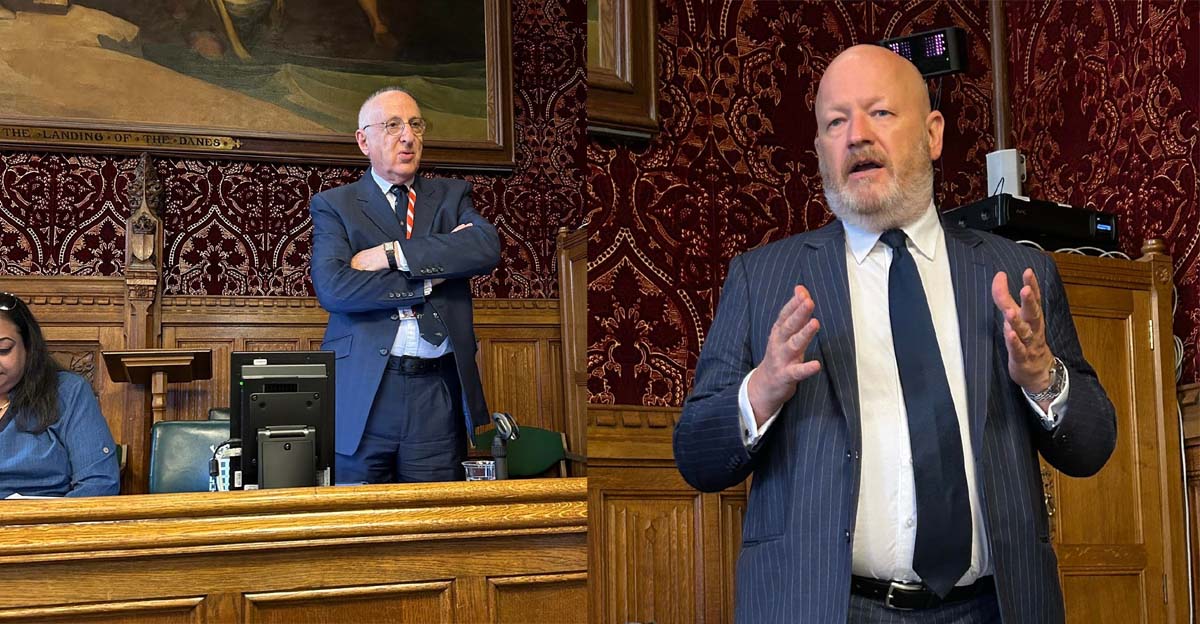
Lord Carlile, KC, recalled his visit to Bangladesh when he observed its potential financial growth in the South Asia region. He suggested that the political crisis in Bangladesh, which began with the politics of revenge and violence against opponents, should be resolved through the “Truth and Reconciliation” process and allow an inclusive election to be held with the participation of all political parties. However, the criminals who were responsible for longstanding corruption and political violence should be prosecuted, and all convicted people should be excluded from taking part in the elections.
Mr. Abbas Faiz, in his speech, recalled his recent visit to Bangladesh in June and expressed that the interim government, despite some concerns about the situation, has been trying to resolve the issues through dialogue with various political parties. The government formed some reform commissions for the reformation of the country’s parliamentary election system and other institutional reforms. However, the government needs to do more to ensure that free and fair elections can be held in transition to the democratic process. He also reiterated that the minorities are being targeted and victims of atrocities during the regime of all governments in the past.
Mr. Simon Danczuk emphasised that the corruption involving money laundering by the previous government in the United Kingdom should be investigated, and UK authorities should cooperate to ensure that smuggled funds are returned to Bangladesh. Additionally, he agreed with the proposal of the “Truth and Reconciliation” process as a suitable solution to address the issues of political rivalry and discord among the parties.
A written statement from John Cammegh, KC, was read out in the seminar. John Cammegh said in his statement that in 2024 people of Bangladesh achieved what they had wanted to see for a long period. Inevitably, the aftermath situation after a dramatic change brings uncertainty. Investment is down. Unemployment and inflation are up. However, introducing reconciliation and the rule of justice can lead Bangladesh to become a powerhouse in the South Asian region.
Mr. Chietigi Bajpayee said that the revolutionary change in Bangladesh was a result of authoritarian government policies of Sheikh Hasina, which led her to leave the country after student-led protests last year.
The event underscored the vital contribution of the diaspora in strengthening bilateral relations and supporting Bangladesh’s path towards stability and prosperity. Attendees expressed a shared commitment to working collaboratively to address ongoing challenges and to support positive change in Bangladesh.
প্রিন্ট


 কুষ্টিয়ায় শ্রমিক অধিকার, নিরাপত্তা ও প্রশিক্ষণ বিষয়ক মতবিনিময়
কুষ্টিয়ায় শ্রমিক অধিকার, নিরাপত্তা ও প্রশিক্ষণ বিষয়ক মতবিনিময় 
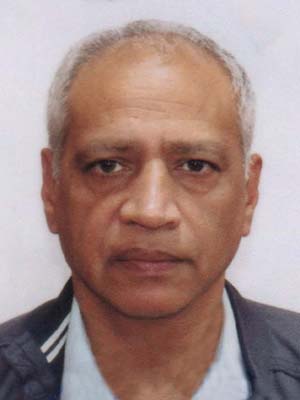 Ansar Ahmed Ullah, UK (London) Correspondent
Ansar Ahmed Ullah, UK (London) Correspondent 